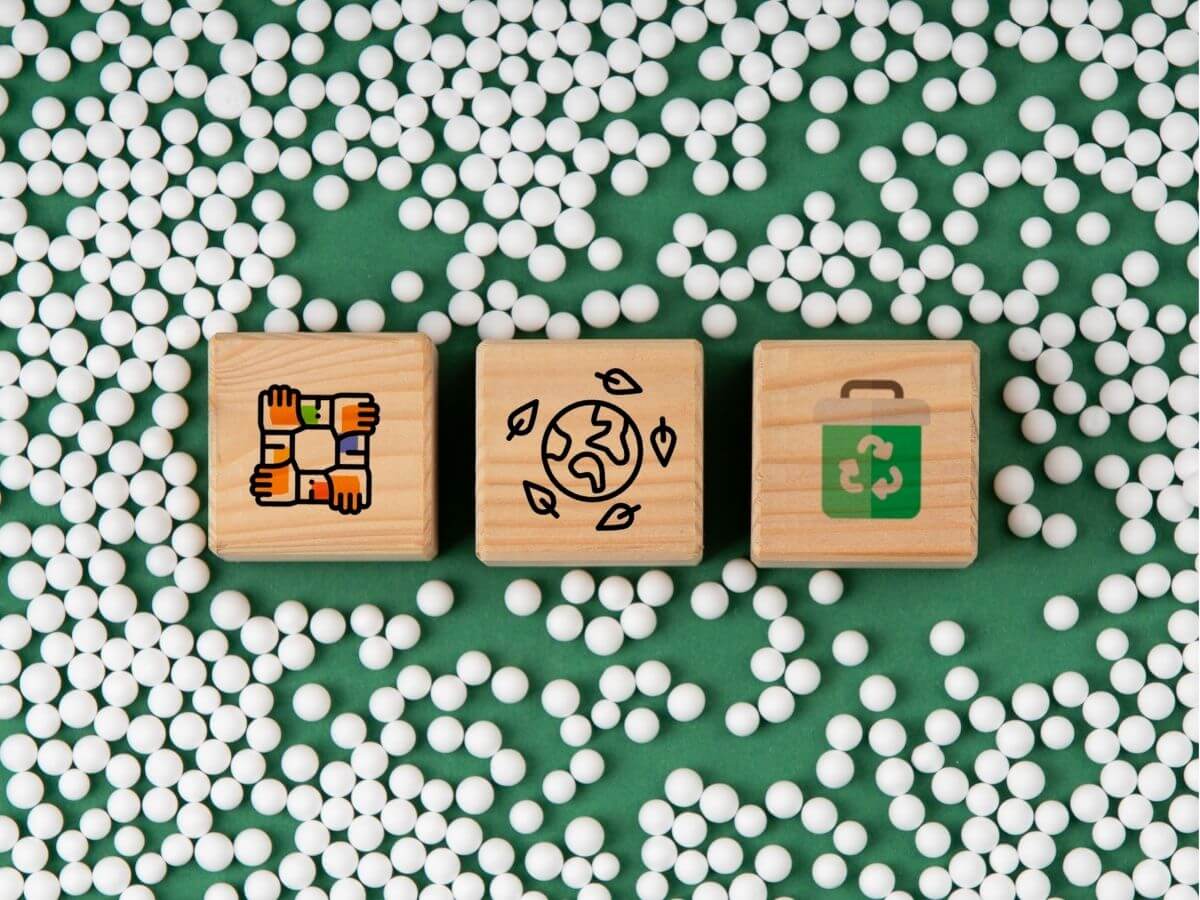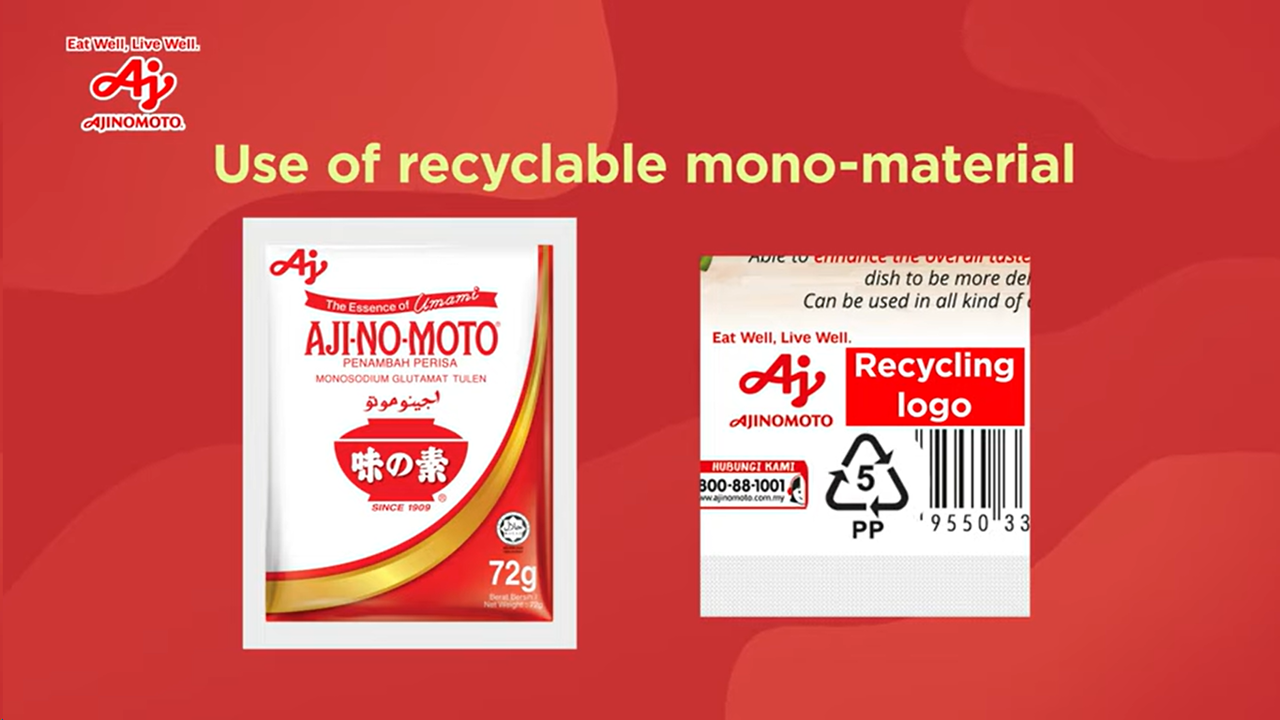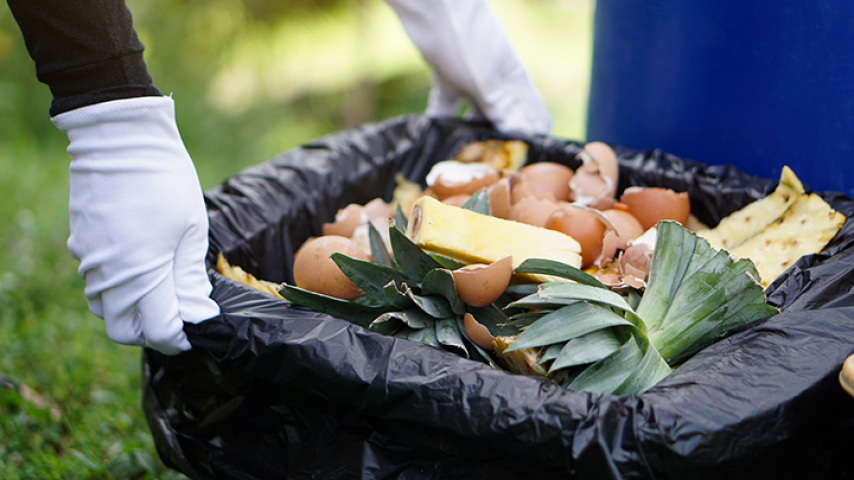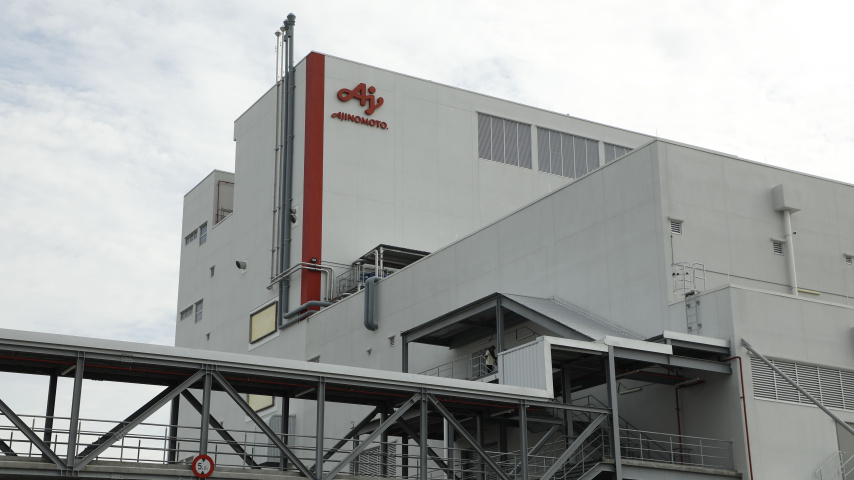Eco-friendly Packaging: A Win-Win Solution

People are increasingly looking for goods that are packaged in an environmentally friendly manner. As this demand continues to grow, it will likely drive further innovation in sustainable production materials, benefiting both people and the environment.
Understanding Eco-Friendly Packaging
Eco-friendly packaging refers to sustainable packaging solutions designed with minimal environmental impact in mind. It focuses on utilising materials and processes that are less harmful to the environment compared to traditional packaging methods.
Eco-friendly packaging aims to reduce the carbon footprint of products by minimising waste and energy consumption throughout the packaging lifecycle—from production and usage to disposal. Key characteristics of eco-friendly packaging include:
- Biodegradability: This means that the materials can break down naturally into different harmless substances, hence no adverse effects on the natural materials setting.
- Recyclability: Many green package supplies used in the market can be recycled easily, thereby reducing the need for raw resources and lowering the amount of waste produced.
- Made from renewable resources: Packaging material made from renewable resources is considered more sustainable because these resources can be replenished over time.
- Reduced carbon footprint: Sustainable packaging involves using manufacturing processes that require less energy and produce fewer greenhouse gas emissions.
- Minimal design: Eco-friendly packaging often employs a minimalistic design approach—using less material overall and focusing on efficiency in protection and transportation needs.
- Non-toxicity: Environmentally friendly packaging avoids using toxic chemicals both in the materials themselves and during manufacturing processes.
- Compostability: Some eco-friendly packaging options are compostable, meaning they can decompose into soil when disposed of, typically under industrial composting conditions.
Why Go Eco-Friendly

Choosing to embrace eco-friendly packaging is akin to casting a vote for the future of our planet. This shift not only mitigates the damage inflicted upon natural habitats but also heralds a new era of innovation and creativity in product design.
Environmental Benefits
- Reducing waste: Resource-efficient attainment of eco-friendly packaging solutions contribute to minimising waste. It can be called offloading the pressure on landfills and clearer oceans.
- Conserving resources: Using recyclable packaging materials and reducing the consumption of these finite materials is good for the environment and maintains ecosystems for future generations.
- Combating climate change: Businesses have a right to diminish their carbon footprint and call for a greener environment by decreasing energy use, emissions, and dependence on fossil fuels.
Brand Reputation
- Attracting environmentally conscious consumers: Implementing ecological packaging makes companies more environmentally friendly, making them appealing to eco-conscious consumers.
- Building brand loyalty: Brand awareness is greatly enhanced when consumers perceive a company as being eco-conscious. They will spread the good news about the company.
Cost Savings
- Material efficiency: Reducing unnecessary pieces of materials and eliminating excessive layers can help eliminate operation wastes and decrease material consumption over the long term.
- Long-term impact: While the initial costs may be burdensome, the long-term advantages, periphery cost savings, and improved brand image encourage investment.
Ajinomoto Malaysia and Its Mono Materials Packaging

Ajinomoto Malaysia has adopted mono-material and eco-friendly solutions to achieve Zero Plastic Waste by 2030. This initiative is aimed at minimising the use of plastic and transitioning to eco-friendly packaging materials.
As part of these efforts, we have significantly reduced our reliance on plastic pallets in the manufacturing processes, opting instead for alternative paper slip-sheets. This strategic move has resulted in the utilisation of only 2.6 tonnes of plastic pallets.
Additionally, Ajinomoto Malaysia is actively engaged in exploring thinner packaging options through continuous feasibility studies. The company's dedication to recycling is further demonstrated by the recycling of 0.44 tonnes of jumbo bags.
These measures collectively contribute to Ajinomoto Malaysia's goal of not only ensuring that our products are safe for consumption, but also fostering a positive impact on the environment both within Malaysia and in our export markets.


